there has been a fascinating emergent phenomenon on the internet of late: “conspiracy” theories and questions are flourishing everywhere.
1/3 of democrats believe trump faked his assassination attempt
most GOP believe the deep state tried to have him killed
half the country thinks some sort of coup was just waged
both sides think the other is going to steal the election and establish a dictatorship
literally no one believes the CPI or jobs figures.
to many, this presents as cause for concern, but at the risk of playing “contrarian kittycat” let me tell you why this wild decent into flights whichever of fancy or fact finding ultimately emerges is actually a very good, no fooling around, wonderful thing.
consider:
joe abdicates from a delaware basement.
immediately the whole world suspects he’s dead and “they are not telling us.”
even after he (seemingly) turns up
people think it’s a body double which is why he would not speak to the press and could so easily climb stairs.
some are claiming his call to the kamala rally was faked with AI or voice synth.
is some or any of it correct? i don’t know. probably never will.
but the truth or falsity of these notions is actually sort of irrelevant.
what’s fascinating is how mainstream ideas like these have become and what common currency they have achieved. even those not overtly subscribing to them will cock a snook and say things like “at this point, it wouldn’t shock me.”
what’s fascinating is that we’re all getting a good laugh out of jokes about what abject mendacity merchants these people are and how you cannot trust a word they say.
what’s fascinating is that no matter what they publish, the world now sees this:
it’s obvious lampoon, but that’s not the point.
the point is it has become a riff.
we’re all laughing. we’re all internalizing this new shared consciousness and new sense of “us” set firmly against “them.”
and that is death for the authority of authoritarians.
and the memes will be as merciless as they will be amusing, relentless and on point.
this is no longer fringe.
it’s the open part of the overton window.
and THAT is a very good thing. a useful thing. and quite possibly, a smart thing.
trust in government, politicians, media, schools, and institutions is at rock bottom triple sub-basement lows.
it’s like the old soviet union. everyone assumes the worst. they expect to be lied to. fraud is the modal outcome and modal expectation. you triangulate on truth by seeing what lies they feel the need to tell you.
and you know what cannot survive in a world like that?
technocracy.
such regimes run on “faith in experts.” y’all seen any of that around lately? seems in short supply.
imagine trying to be the EPA, NOAA, IPCC, WHO, CDC, FDA, SEC, or (what i must presume was named in a true masterwork of sarcasm) the “department of education” with a populace like this whose instant response to literally every single thing you say is:
yeah.
glorious, isn’t it?
obviously, we need to keep this within bounds, but that is what the reputation economy is for. it’s to adjudicate and assign credibility to those who successfully navigate this endless throwing of endless spaghetti against endless walls to see what sticks. but the act of running down crazy ideas and assuming that all government and educational and institutional and media utterance is malicious mendacity and conspiracy until proven innocent is a FAR better base prior than “trust the experts” or “they’re from the government and they’re here to help us.”
this is not going to stop the budding technocrats from trying to run their playbooks, but it’s going to increasingly invert the results. having sowed such distrust, their new ideas to sell surveillance and subservience as safety are going to find a very different reception from the audience than the one to which this collection of aspiring collectivists has become accustomed.
their credibility rest upon society’s credulity and society seems disinclined to look one more time to see if “they really did take the word gullible out of the dictionary” cuz “trust us” and better still, even were it removed from the dictionary everyone would instantly be up in arms about what a scam that was.
so this is going to be all uphill for them.
and we will win the hearts and minds.
to sustain a rights based republic, a lack of trust in government is not a bug, it’s a feature.
and honestly, if you fall for this one, you deserve a wealth tax.




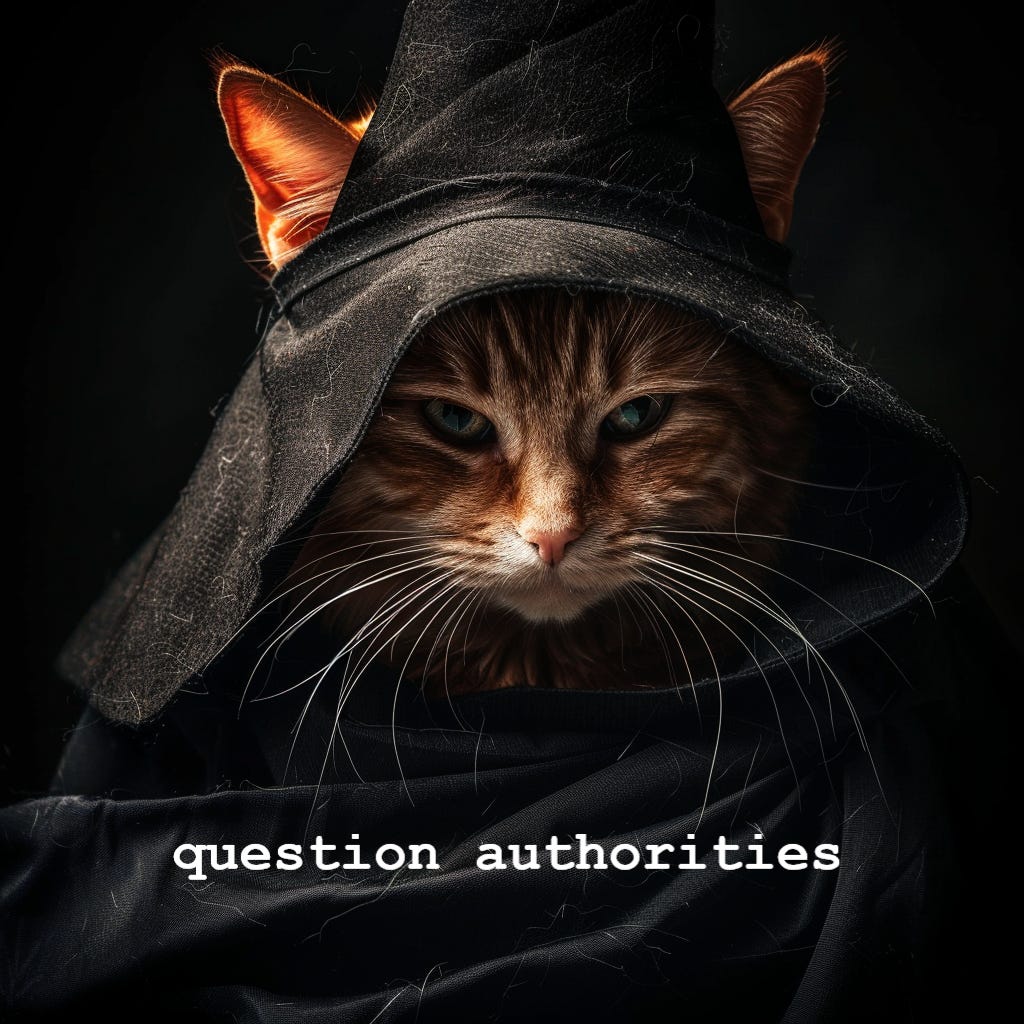
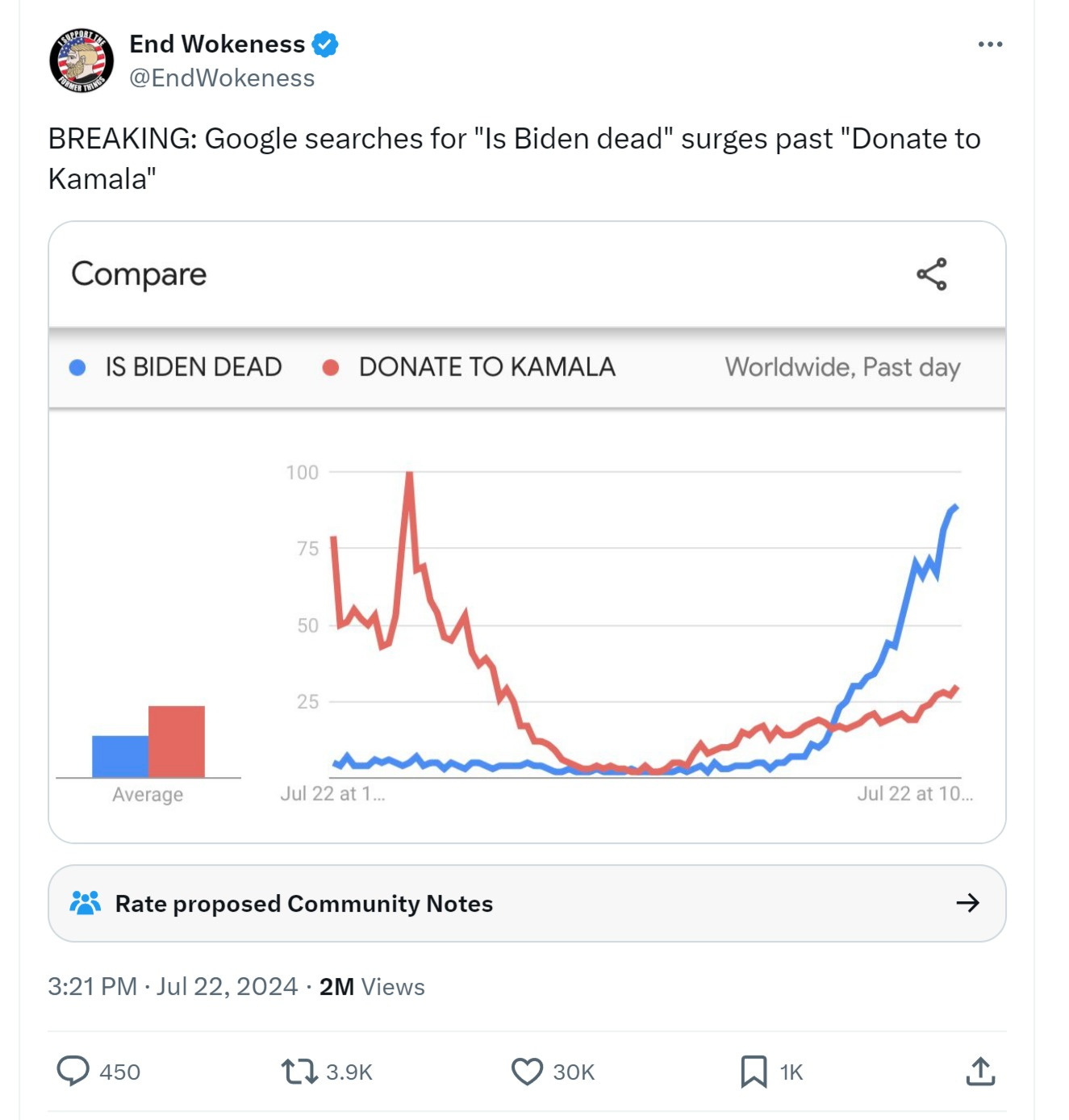
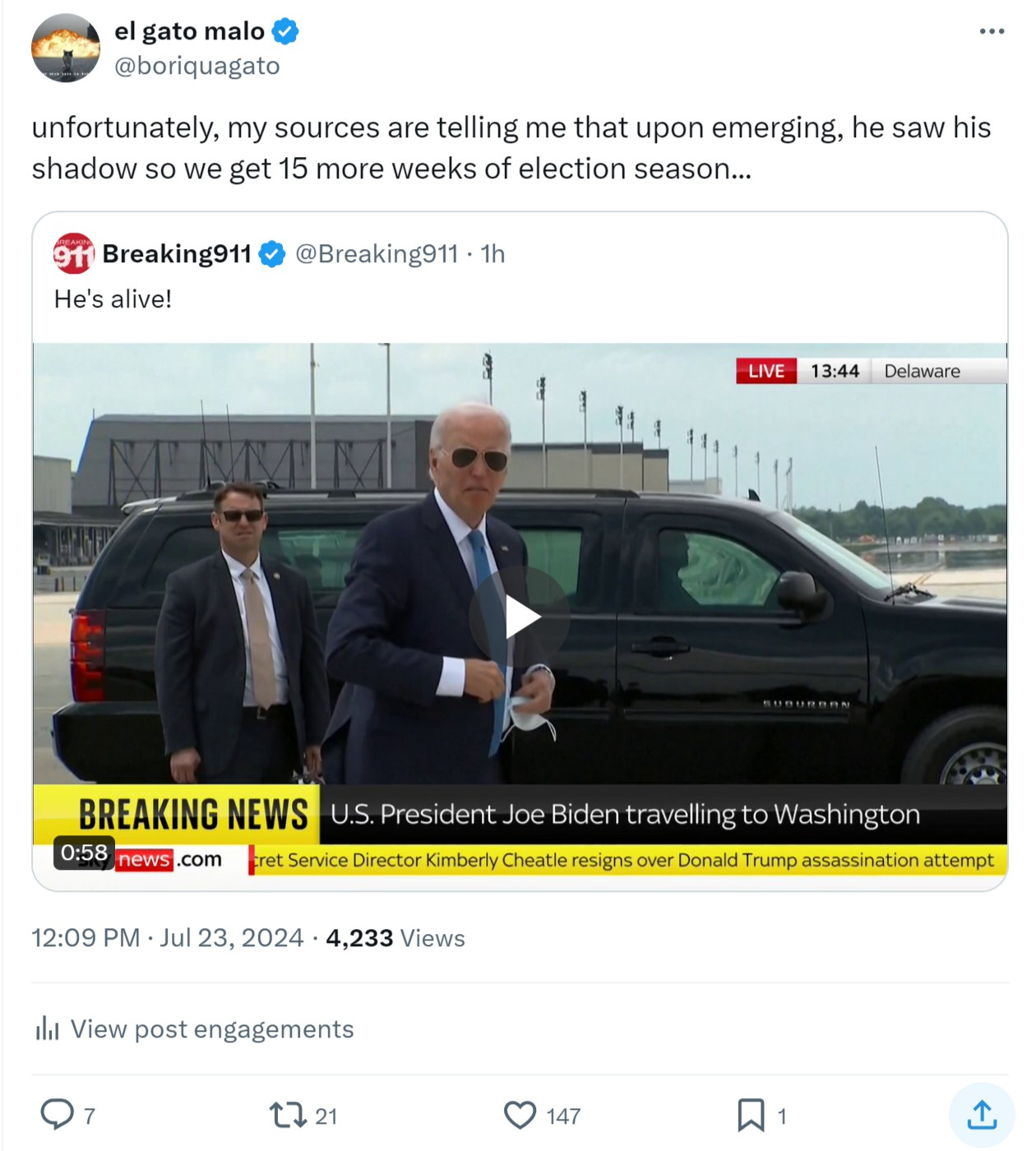

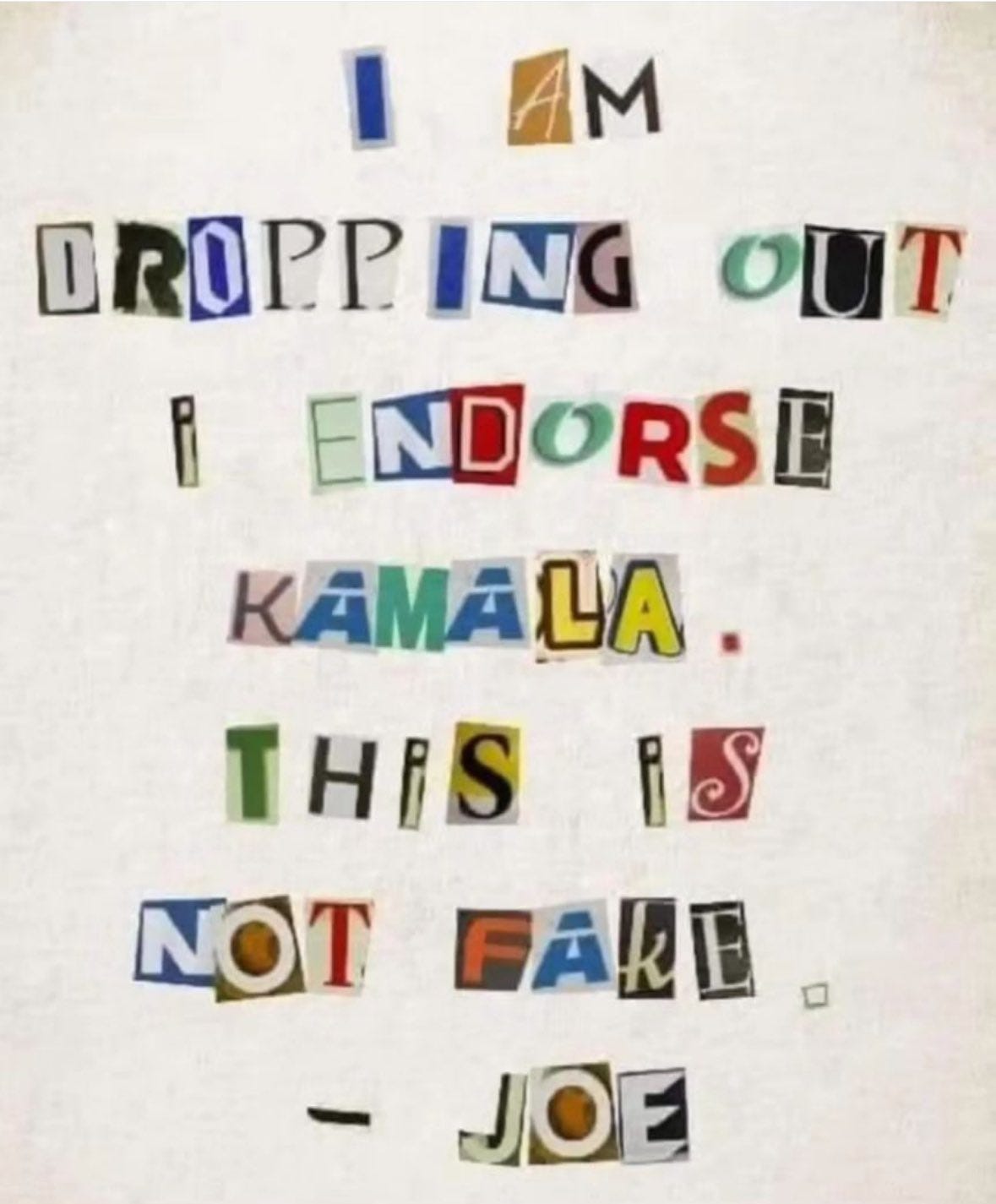
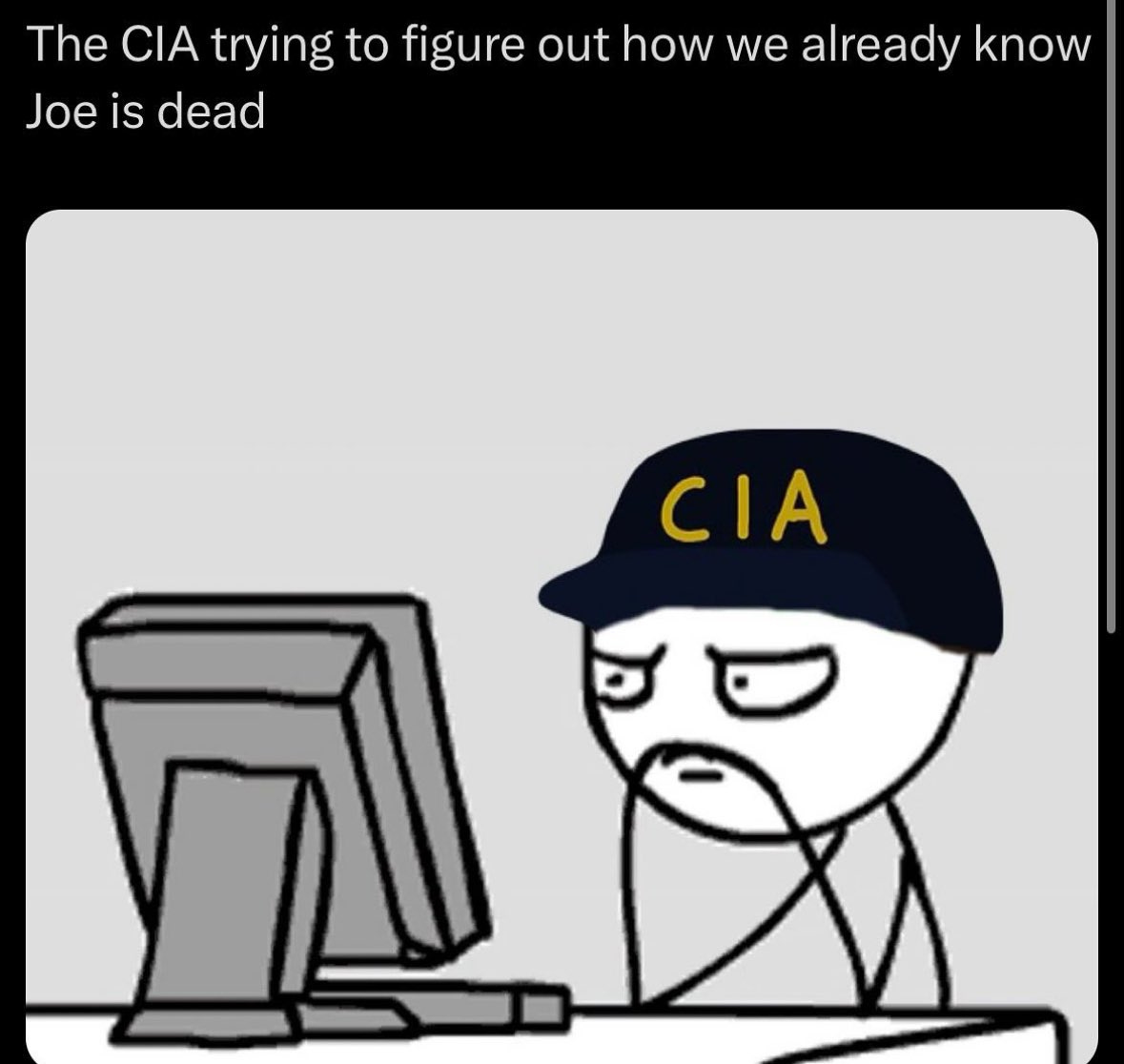
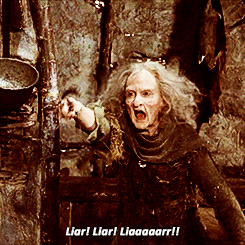



The best English professor I ever had was a chain-smoking, Yoda-like figure who made us *think* about what we were writing by asking one simple question: So what? Meaning, ok, you've constructed this elaborate word salad to describe Catherine's motives regarding Heathcliff...but...so what? Is that what Bronte *really* was after? Or are you just making this argument because you *think* that's what I want to hear? What is really at play here? Does this add or detract from your understanding of the characters' motives and desires? Always question, question, question until you can have a proper response to "so what"?
It was a lesson I've never forgotten, and so when these "experts" bloviate and spew their bilge about "safety" and the dangers of "misinformation", my instinct is to ask, so what? So what if I know this to be true when you tell me isn't? This is what you want me to think? So what? That's the mental response that prevents me from capitulating.
“what’s fascinating is that we’re all getting a good laugh out of jokes about what abject mendacity merchants these people are and how you cannot trust a word they say.”
Indeed, and what is also fascinating is that we start to question whether we have gone crazy or whether the world we live in has really lost all pretense at being honest or real. And then we have our sense of accurate perception validated by some guy pretending to be a cat and we feel comforted.